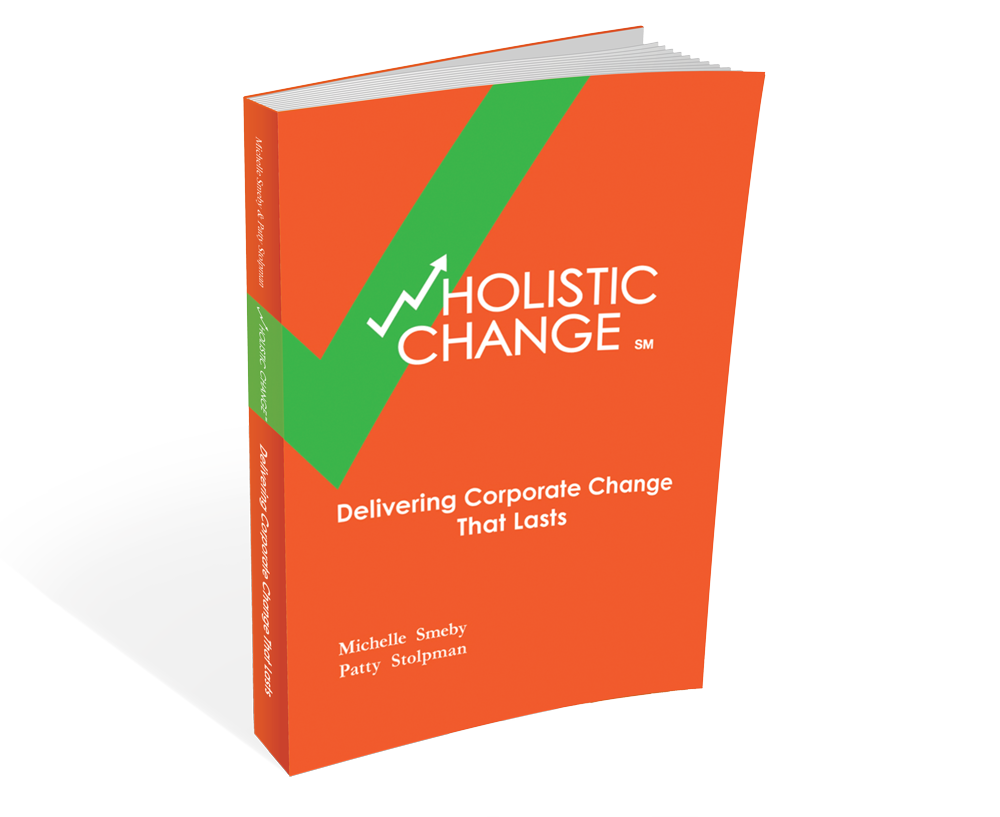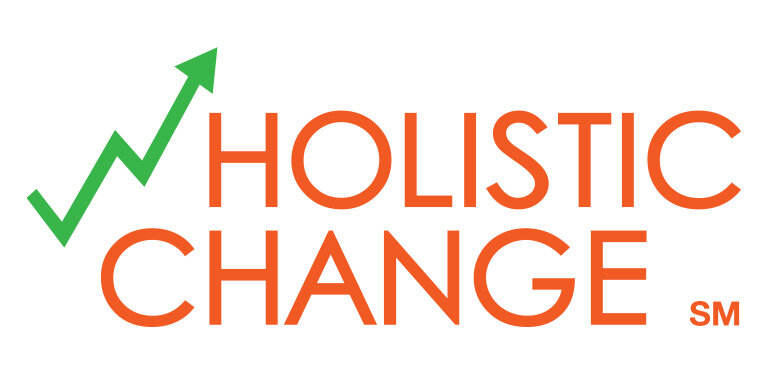This blog starts with a basic assumption... stress can impact creativity, innovation, resilience, and stability. With those implications, stress in your organization can impact your ability to implement change.In this article on Forbes.com, Judy Martin talks about the need for organizations to think about stress management more broadly than simply an individual approach -- considering what the organization can do on their part to prevent the stress from building up to begin with.
"In my experience covering workplace issues for well over a decade, stress management programs in most companies, if they exist at all, are more of an ancillary stepchild in the wellness agenda. As David Ballard PhD told me, workplace flexibility, mental healthcare coverage and on-site fitness offerings certainly help to reduce stress, but it’s not enough. Perhaps a company will do more to help employees better manage stress, if the end-game is a more creative and engaged employee."
In this blog post Jason Greenway advocates taking responsibility for your own stress and offers some tips for managing it.
"What does it mean to have “personal resilience” in today’s workplace? It’s the capacity for an individual to remain both flexible and strong in the midst of ambiguity and change. Personal resilience ensures you are able to cope effectively with uncertainty, persevere through periods of elevated stress, absorb high levels of change, adapt to disruptions and still remain effective and productive.
...Change and stress, intrinsic in today’s world, are often outside your control. Your response to both, however, is within your control."
So, a couple of different points of view and maybe bringing both perspectives together can really get you to an effective strategy for managing the stress inherent in change -- the organization has responsibility for minimizing the stress as much as possible, and the individual has responsibility for adapting to it as best they can.

